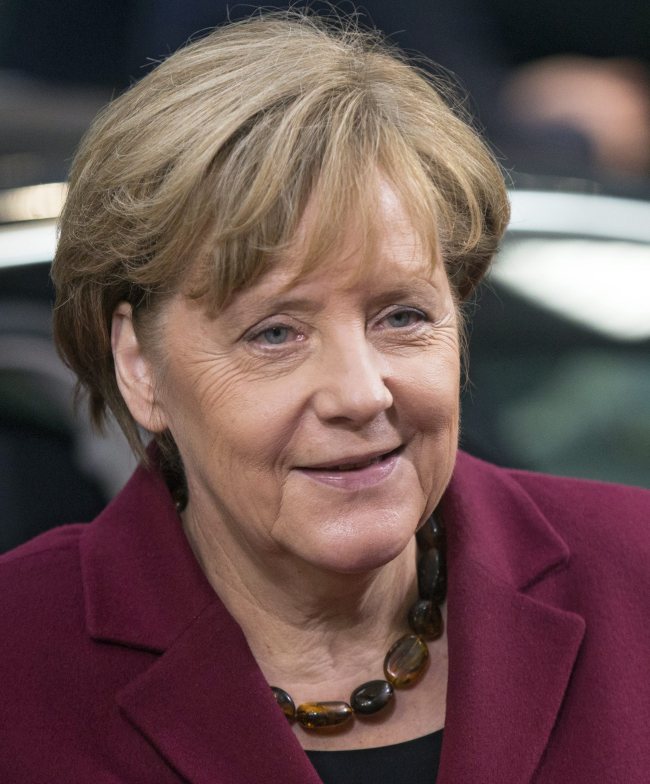-
Tips for becoming a good boxer - November 6, 2020
-
7 expert tips for making your hens night a memorable one - November 6, 2020
-
5 reasons to host your Christmas party on a cruise boat - November 6, 2020
-
What to do when you’re charged with a crime - November 6, 2020
-
Should you get one or multiple dogs? Here’s all you need to know - November 3, 2020
-
A Guide: How to Build Your Very Own Magic Mirror - February 14, 2019
-
Our Top Inspirational Baseball Stars - November 24, 2018
-
Five Tech Tools That Will Help You Turn Your Blog into a Business - November 24, 2018
-
How to Indulge on Vacation without Expanding Your Waist - November 9, 2018
-
5 Strategies for Businesses to Appeal to Today’s Increasingly Mobile-Crazed Customers - November 9, 2018
Merkel wants to ‘drastically reduce’ refugee arrivals in Germany
Merkel was speaking at a congress of her conservative Christian Democrats (CDU) in Karlsruhe, western Germany.
Advertisement
“At the same time we took on board the concerns of the people, who are anxious about the future, and this means we want to reduce, we want to drastically decrease the number of people coming to us”, Merkel told broadcaster ARD.
“And, dear friends, it’s in the interest of the refugees themselves because nobody, no matter why they make the journey, thoughtlessly leaves his home”.
Critics believed that her current policy was inappropriate and demanded a cap on the number of refugees entering Germany.
On Wednesday, the German leader was named Person of the Year by the United States magazine Time for “asking more of her country than most politicians would dare… and for providing steadfast moral leadership in a world where it is in short supply”, according to the magazine’s editor.
Merkel has resisted calls to set a limit on the number of refugees Germany can take, instead stressing the importance of a diplomatic solution.
The CDU executive managed to hammer out a resolution on refugees on Sunday despite internal disputes over Merkel’s handling of the refugee crisis.
Merkel signalled her compromise on immigration to critics of her open-door policy on the eve of a two-day party congress in the southern city of Karlsruhe.
Merkel doesn’t face re-election as party leader at this congress, and despite this year’s tensions still faces no serious rivals.
The chancellor added that there was broad support in the CDU for her strategy to reduce the number of refugees.
But the Chancellor also stuck doggedly to her previous line, which envisages solving the refugee crisis though European co-operation, global diplomacy and financial support for those countries worst affected by the crisis.
Merkel, 61, received an eight-minute standing ovation at the end of her speech to roughly 1,000 CDU delegates in a vast conference centre adorned with massive posters reading “For Germany and Europe”.
She mentioned the strengthening of European Union borders and the setting up of hotspots in Italy and Greece; the fight against root causes of migration, in Syria, Iraq or Afghanistan; the humanitarian and development aid; and cooperation with Turkey.
German media commentated that with the influx of refugees in Germany now tipping one million, a huge challenge still lies ahead, especially as German society works to integrate its new members.
Advertisement
The political stakes are high with three regional polls scheduled in March, and a decision due next year on whether Merkel will carry the CDU’s banner into the 2017 general election.





























